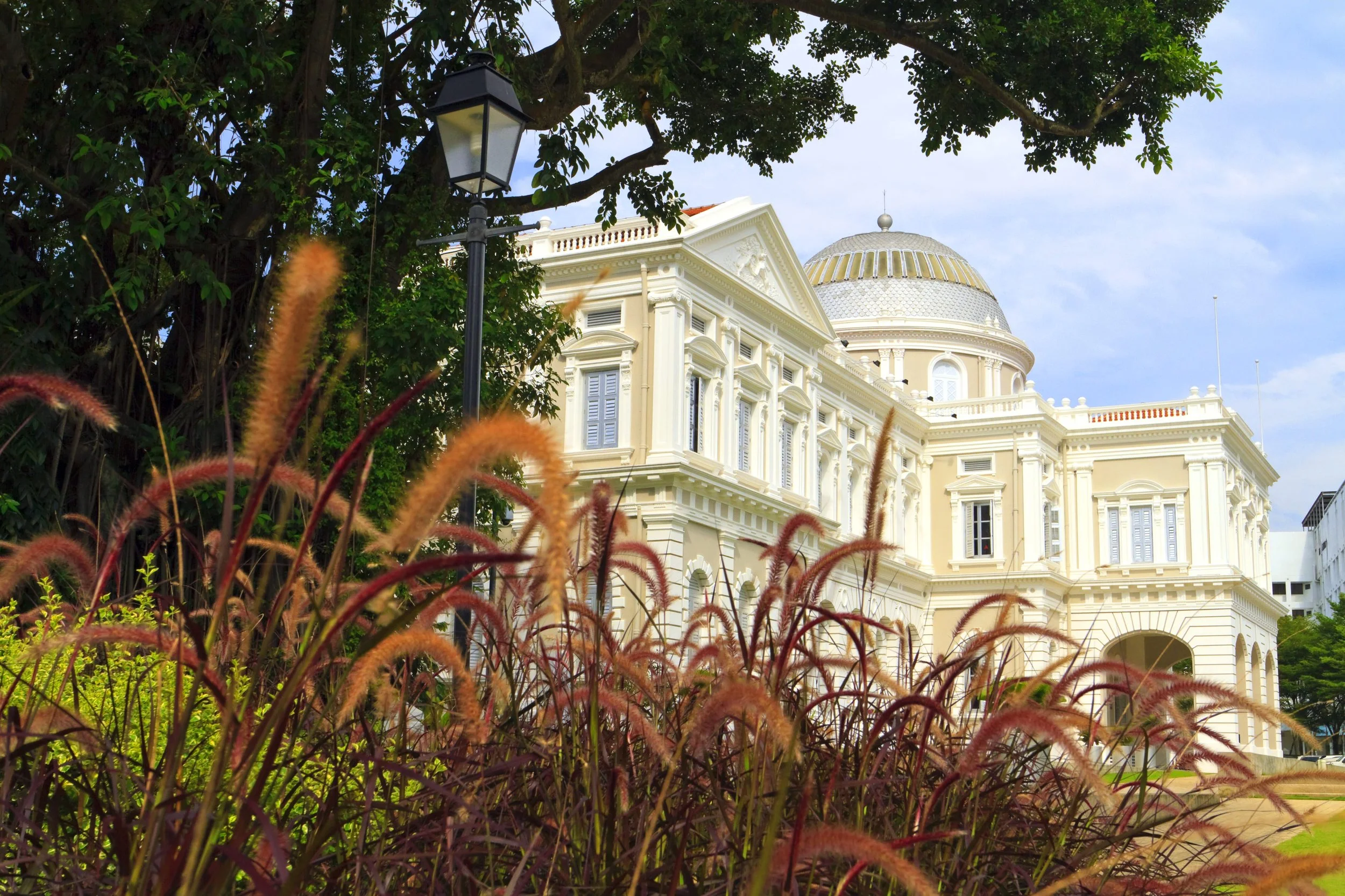Timing the Market: When’s the Best Time to Sell Property?
When it comes to selling anything, the simple concept of selling the right thing at the right time can net you a better return and earn more profit, is known by everyone.
Meaning it's easy right? just buy when property value is low, then sell it when house prices are high and in demand.
Well, the thing is that nobody can predict the market perfectly, even professionals like real estate agents and investment experts can’t even exactly predict if the market would go up or down, only through analysing data, trends and calculated timing, only then — an educated guess can be made.
And with the dozens of regulations, requirements and policies when it comes to home ownership in Singapore, selling your property at the right time is a little more complicated.
Seasonal Trends in the Property Market
Even though Singapore’s tropical climate keeps the property market fairly consistent throughout the year, the real estate market will still fluctuate in activity depending on the months.
☀️ March to July : Traditionally the most active months for property transactions, this period follows the end of the Chinese New Years. Making these few months the best time to put your property for sale on the market.
📅 Augsst to October : Typically slower months, but activity are still healthy compared to the upcoming months
🎉 November to February : The Holiday Seasons, with the Year-end School Holidays combined with Christmas celebrations, followed up by Chinese New Years, many people will have their minds on year-end travel and celebrating all the holidays. Making these few months typically the slowest months of the year when it comes to property being bought.
Cooling Measures and Policy Announcements
When it comes to buying property, different people may hold on to a property for three different durations:
Short Term : The Property is purchased with the purpose of selling within a small period of time usually less than 3 years.
Long Term : The Property is held more than 3 years when all duties and additional taxes have passed their effective dates.
Legacy : The Property is bought with the purpose that it will be passed down to the next generation.
The Real Estate market is tightly regulated in Singapore, with government intervention and policy such as the Additional Buyer’s Stamp Duty (ABSD) and Loan to Value ratios can significantly change the market overnight.
Depending on how long you have owned the property when you sold it, different taxes and duties such as the SSD may be applied to your sale. Meaning that additional taxes and duties must be considered before selling your property if you’re looking to make a profit off of your investments, adding another layer for you to consider.
Introduced in 2010, Seller’s Stamp Duty (SSD) is another example of a property cooling measure in Singapore, used to curb the act of flipping property for profit. It was implemented by the IRAS which believed that widespread property flipping — if left unmanaged, could drive property demand and prices up, potentially contributing to a bubble, inflating the prices of homes.
| Duration of Ownership | SSD Rate |
|---|---|
| Less than a year | 12% |
| More than one year but less than 2 years | 8% |
| More than 2 years but less than 3 years | 4% |
| More than 3 years | No SSD payable |
Property Specific Consideration
Depending on your property, there are different criteria that you should consider that may affect the pricing and the Days on Market of your property:
HDB Flats: The Minimum Occupation Period (MOP) of 5 years must be fulfilled before selling. Most HDB owners will sell shortly after MOP is completed, and when the flat is still new and appeals to upgraders.
Condos: Freehold units hold value longer, while leasehold properties may see price pressure as the lease decays. Ideally, sell before the 30- to 40-year mark to retain stronger pricing. Also, avoid selling during Seller’s Stamp Duty (SSD) periods (first 3 years of ownership) to avoid penalties.
Landed Homes: These tend to be less liquid, so timing with buyer demand is crucial. En bloc potential or nearby development plans can also affect value, both positively or negatively.
Economic Indicators
The Singapore property market can influenced by many economic signals some being:
Interest Rates : Rising mortgage rates may slow buyer demands
GDP Growth : A strong economy will boost buyers' demand for property purchases.
Foreign Buyer Sentiment : tighter rules on ABSD rules will reduce foreign investment on property and can impact luxury property prices.
But the rule of thumb is to sell your property when the interest rates are low, economic sentiment and market confidence in the market is high.
Personal Readiness
While market timing matters, your own goals are just as important. When planning to sell your property, it's best to have one main goal and purpose from selling your property. Are you upgrading, relocating, or cashing out for investment?
Also consider on all the factors that will affect you:
Your Financial Needs : Do you need the money quickly? Does the revenue from your sale meet your needs?
Timeline Flexibility : Are you able to move out or hand over your property as soon as the sale has been completed?
Bank Loan Obligations and Penalties : Will you incur any penalties from your mortgage lock in periods? or are there any other obligations you have attached with your property mortgage?
Also set a walk-away price on your property, the lowest offer you’re willing to accept. After having a set price, sticking to it, can help prevent emotional decisions and ensures that you will only sell it when it is right for you, removing any regrets in the future.
As you can see, investing and selling in the Singaporean property market can be a daunting task, and without any prior knowledge and experiences, many people can be easily overwhelmed or miss crucial details that may cost them thousands of dollars from selling their property.
To make the process a repeatable and a systemic process, David & Audrie created the W.A.T.E.R™ Concept:
W - Wealth Creation : Focus on identifying high-potential properties, leveraging on financial tools whilst balancing lifestyle goals with financial prudence.
A - Asset Progression : Progressively restructure or upgrade your assets, moving from HDB to private properties, upsizing your HDB, or rebalancing your portfolio to increase returns.
T -Timing the Market : Buying and Selling based on data, trends, and calculated timing, backed with over a decade of experience.
E - Exit Strategy : Determining and Creating a sound exit strategy for each property and situation.
R - Retirement Ready : The ultimate goal of the W.A.T.E.R Concept is simple: Enable you to retire early, comfortably, and securely.
Through careful planning and step-by-step wealth accumulation, your property portfolio should eventually generate sustainable passive income or equity you can tap into — giving you financial freedom without stress.
With Over 10 years of Proven Experience, David & Audrie is the best Real Estate and Property Partner for you! With our patented W.A.T.E.R method, David & Audrie not only can help you buy and sell real estate, but also help you develop a step by step retirement investment plan through purchasing, upgrading and selling property!
Don't hesitate to contact us here at our website by clicking here: David & Audrie or just give us a call by clicking here for all your property needs!






